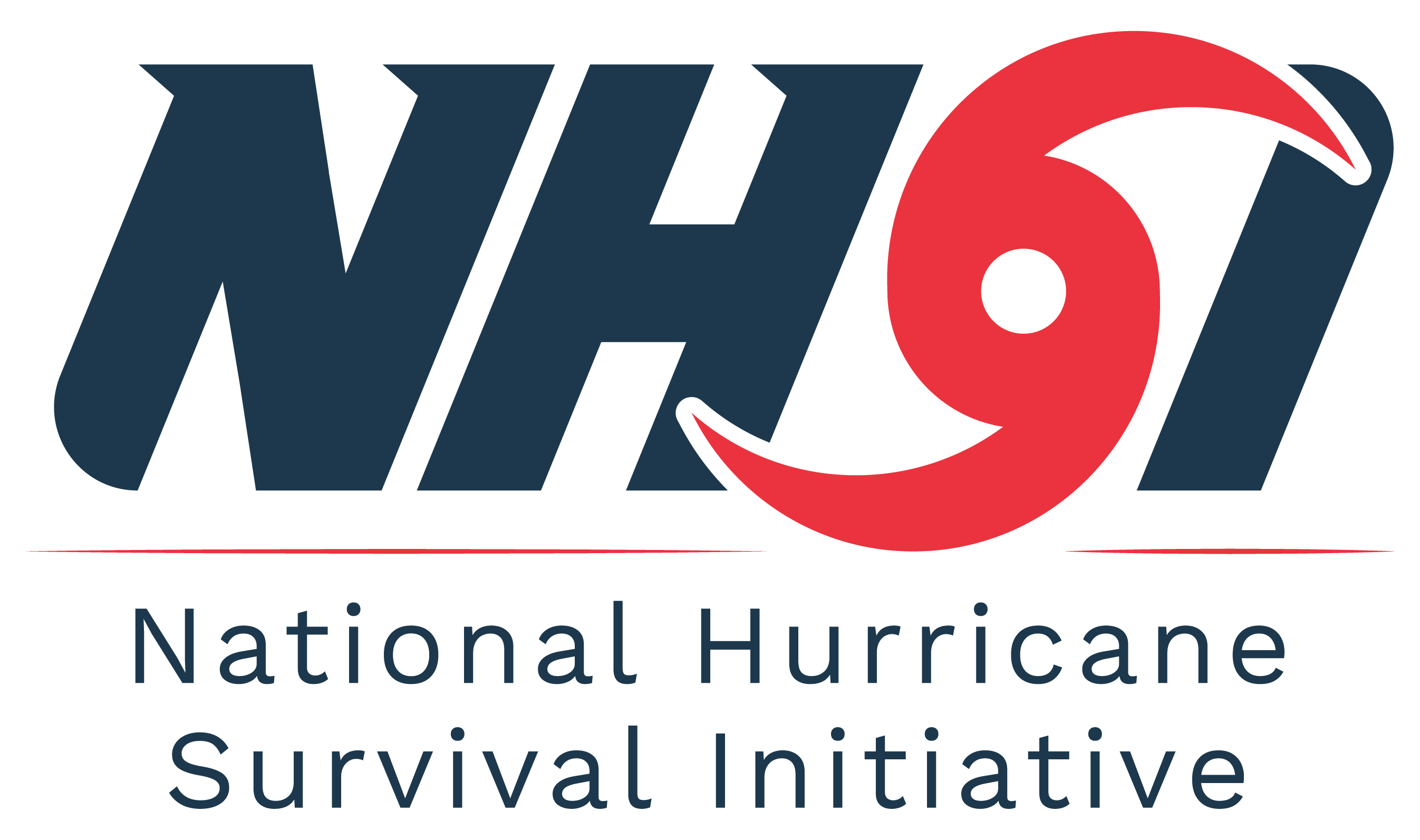When local officials issue an order to evacuate, you should respond immediately.
Follow these steps:
- Stay calm, take your disaster supply kit.
- Remember as you leave your house to do the following:
- Turn off lights, household gas appliances, heating, air conditioning, and ventilation systems.
- Leave your refrigerator/freezer turned on.
- Lock your home.
- Use the phone only in case of emergency, injury or illness. Keep calls brief.
- Do not listen to rumors. Refer to local radio or television for up-to-date information from public officials during an emergency.
- Use only one vehicle for your family. If you have room, assist any neighbors who might need a ride.
- Tune to Emergency Alerting System 870 AM or 101.9 FM radio stations for reports about evacuation routes, conditions, etc. Use those travel routes specified.
- Drive safely. Traffic will be heavy. Law enforcement officials along the route will help with traffic.
- If you need a ride, try to go with a neighbor, friend, or relative.
- Let others know when you leave and where you are going.
- Make arrangements for pets. Animals are generally not permitted in public shelters. Although this is changing, you cannot assume your pet is welcome at all shelters. Pet carriers are recommended along with adequate pet supplies.
